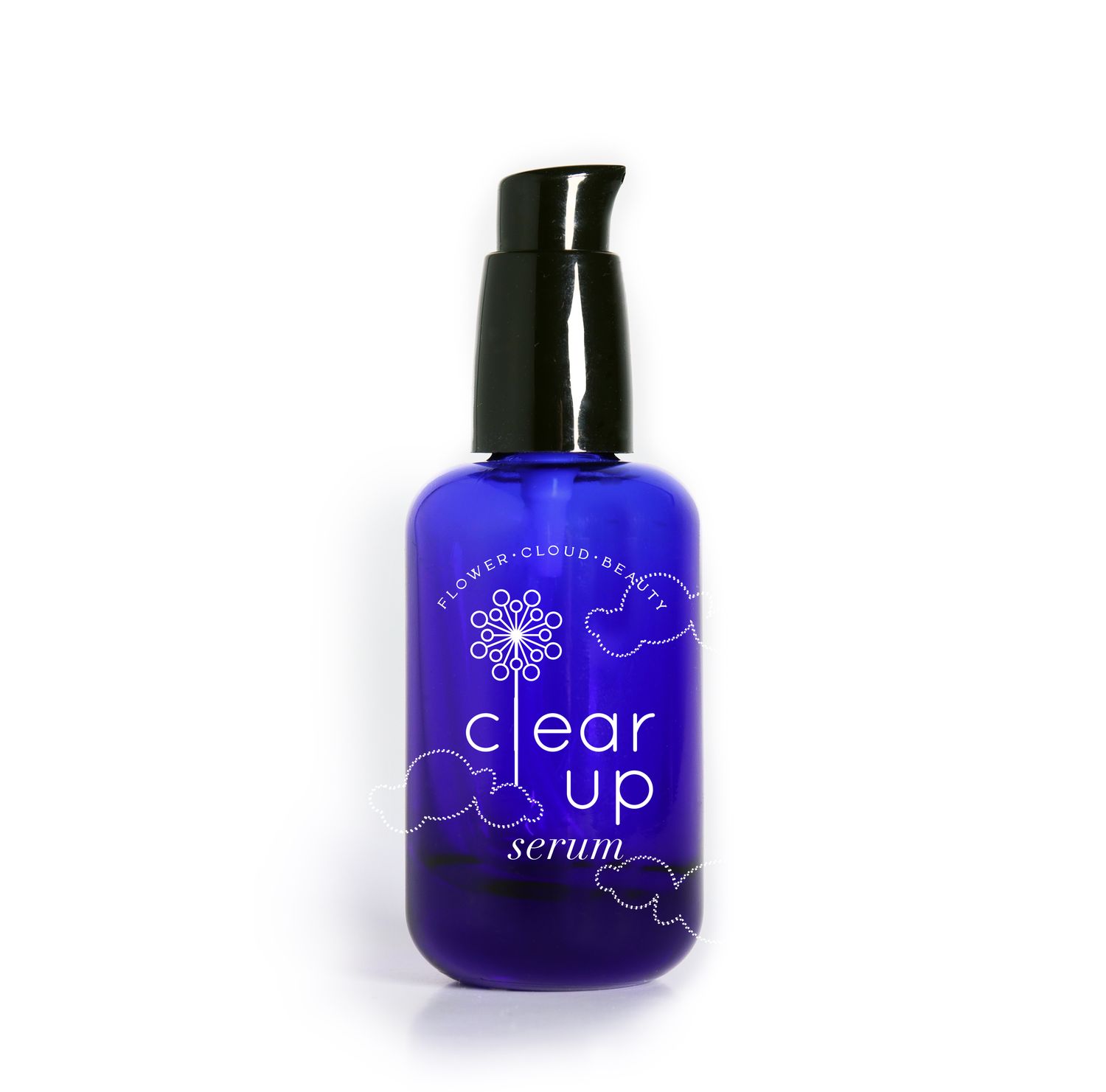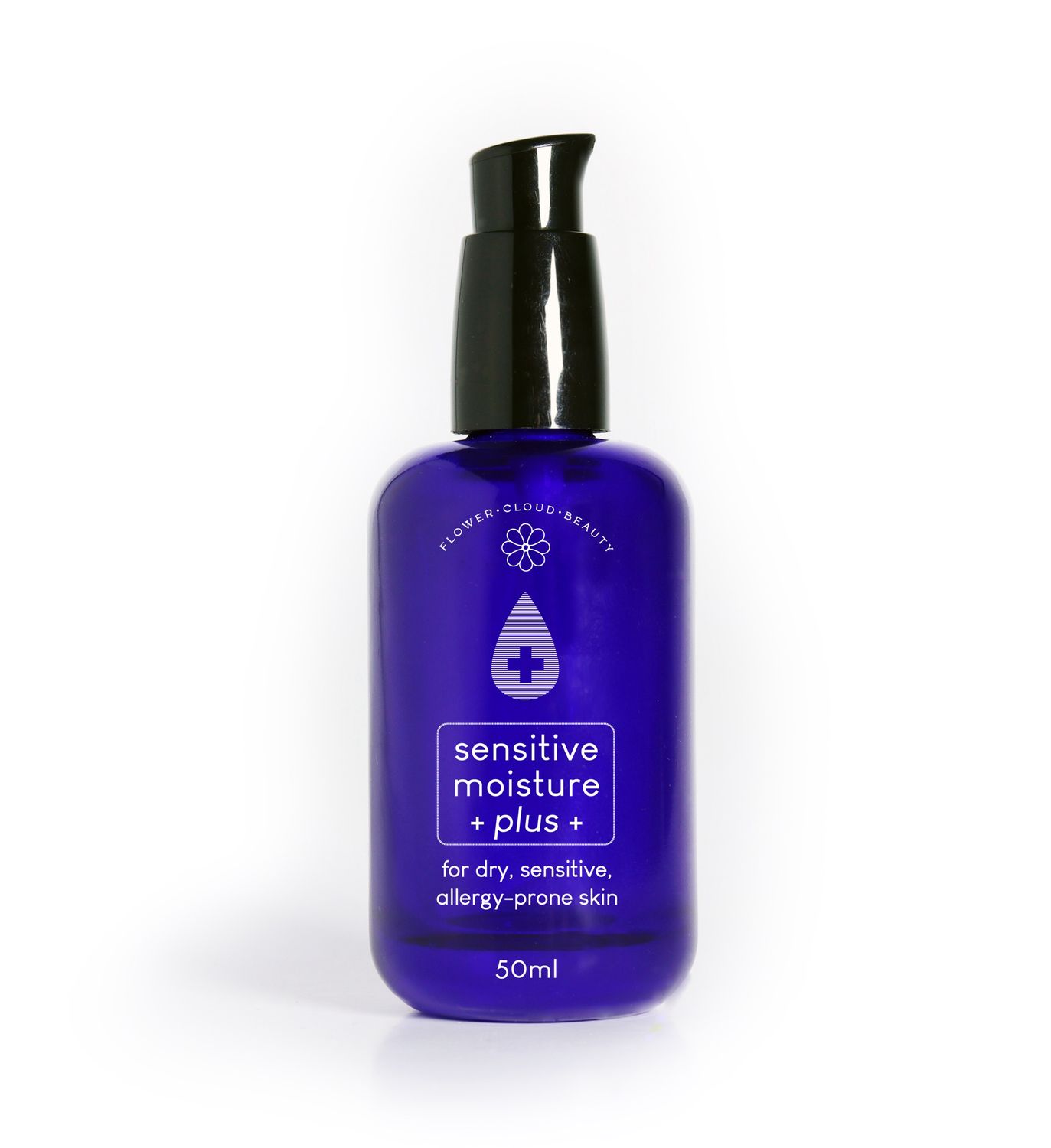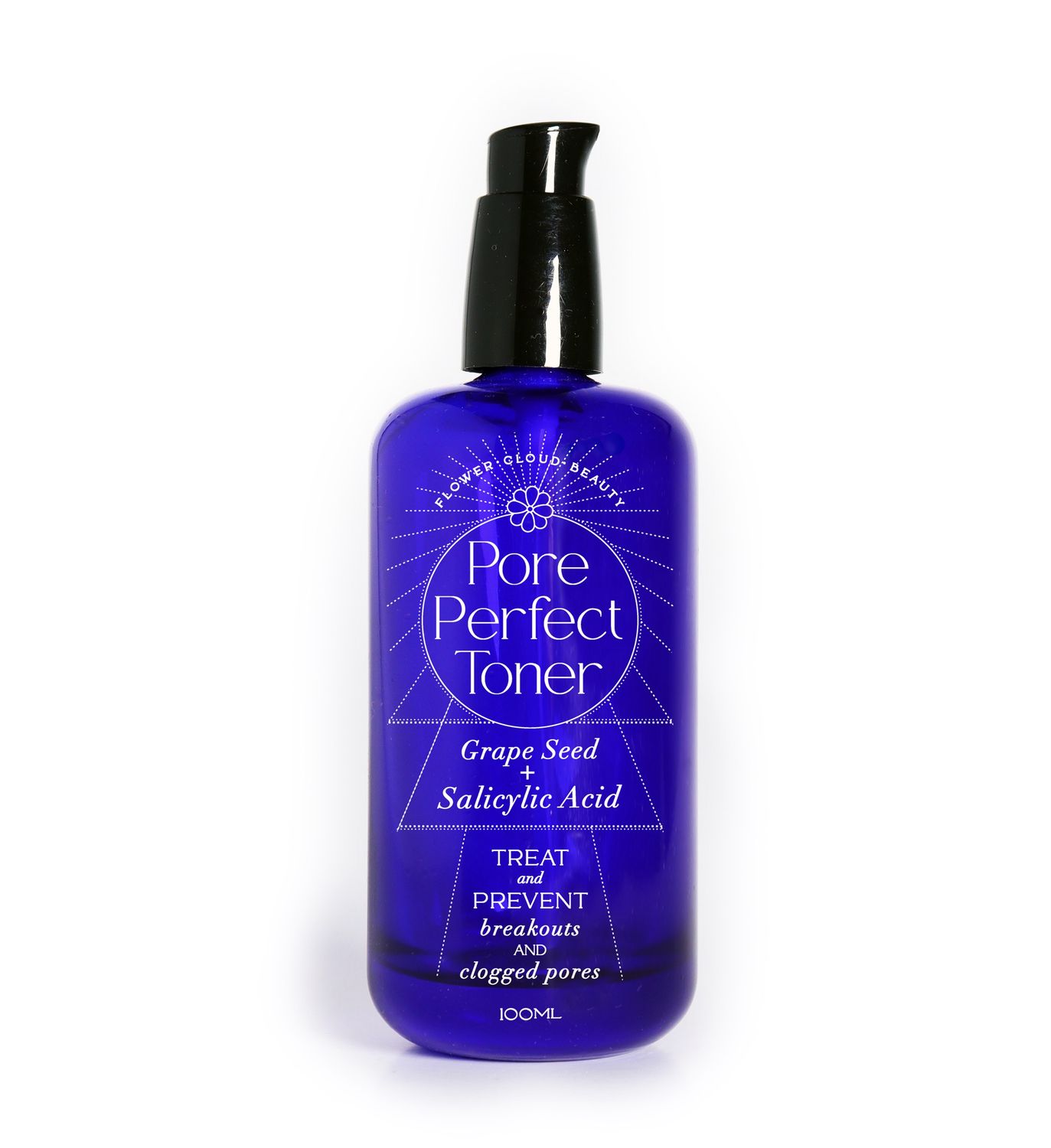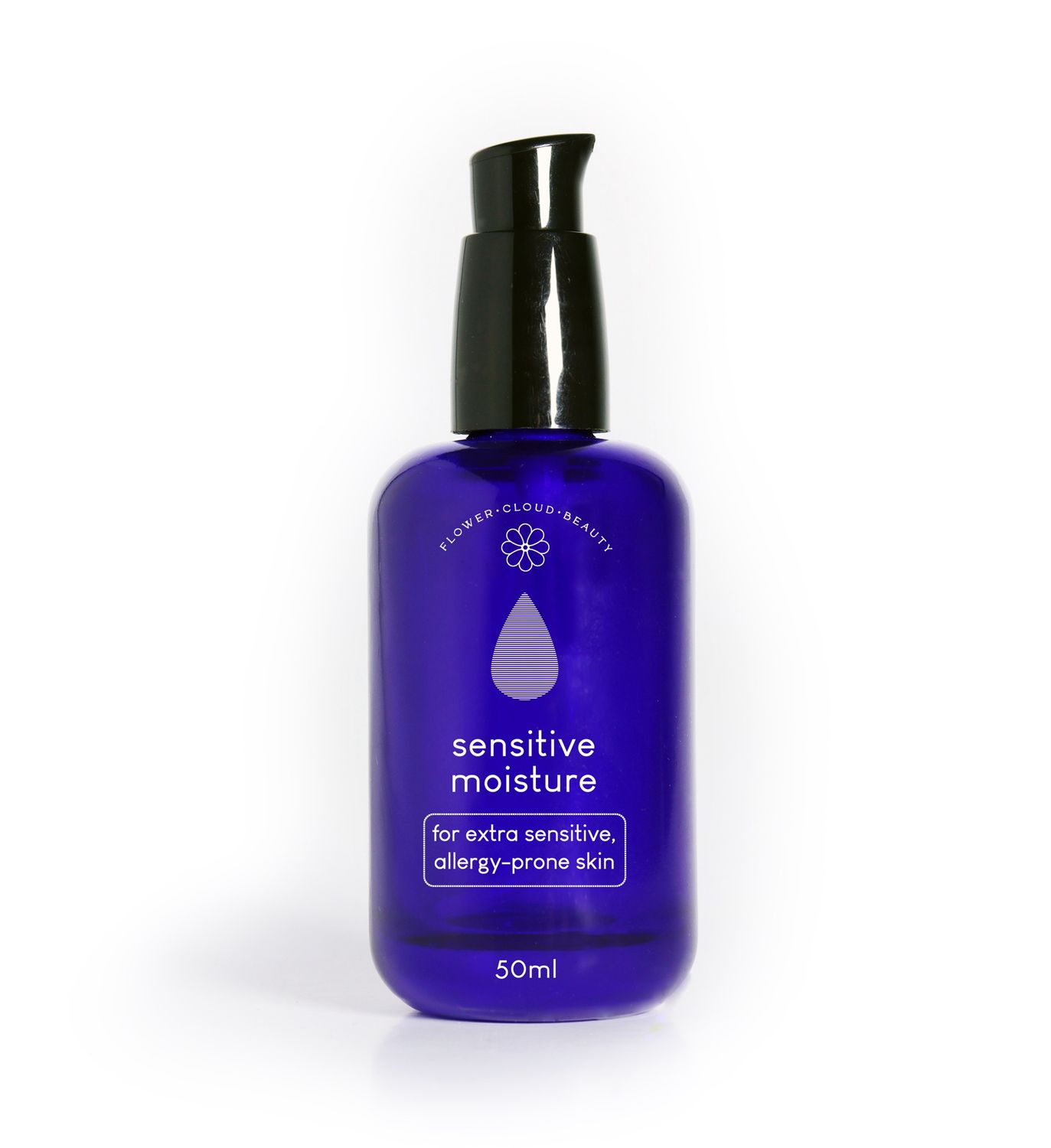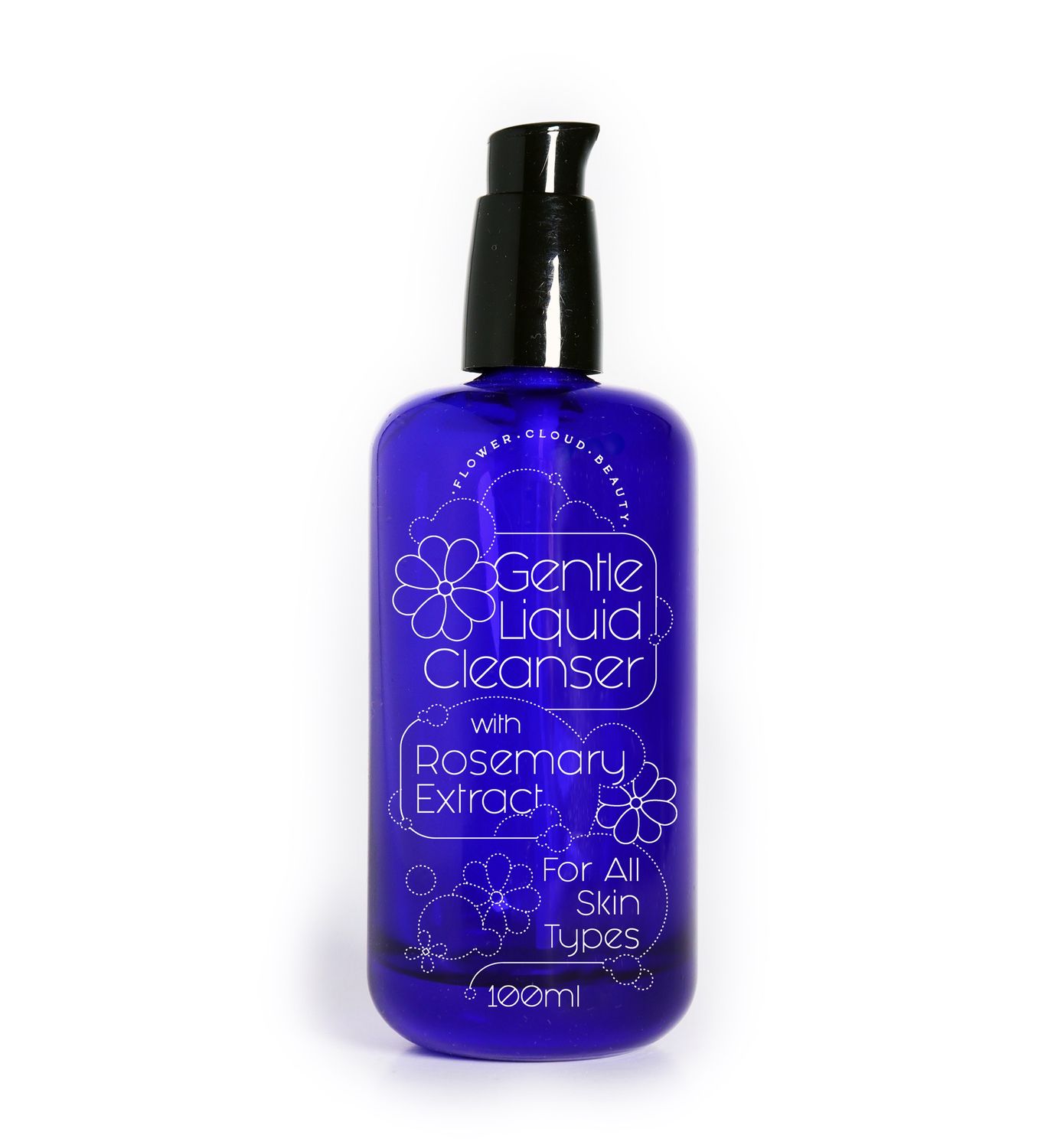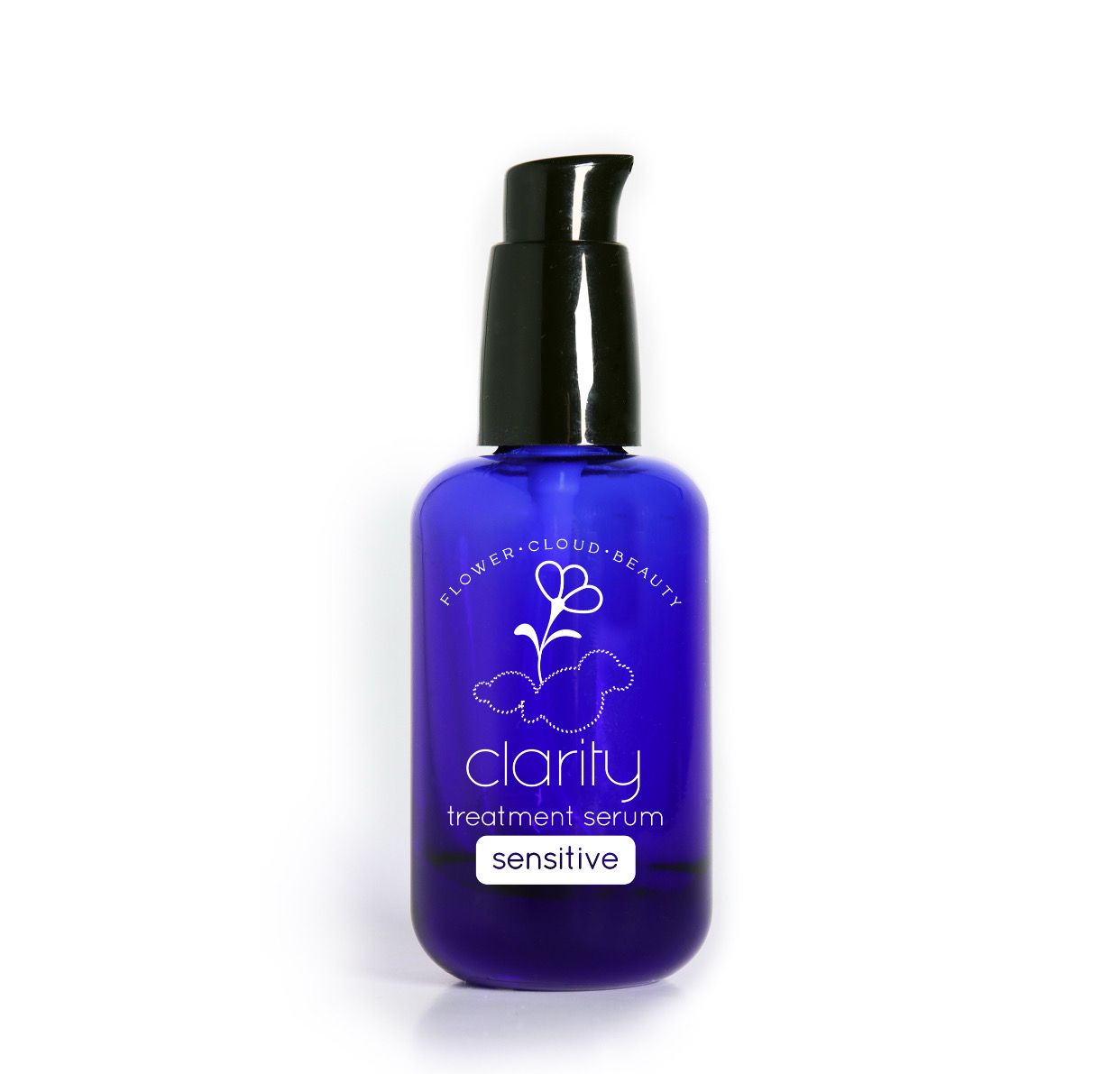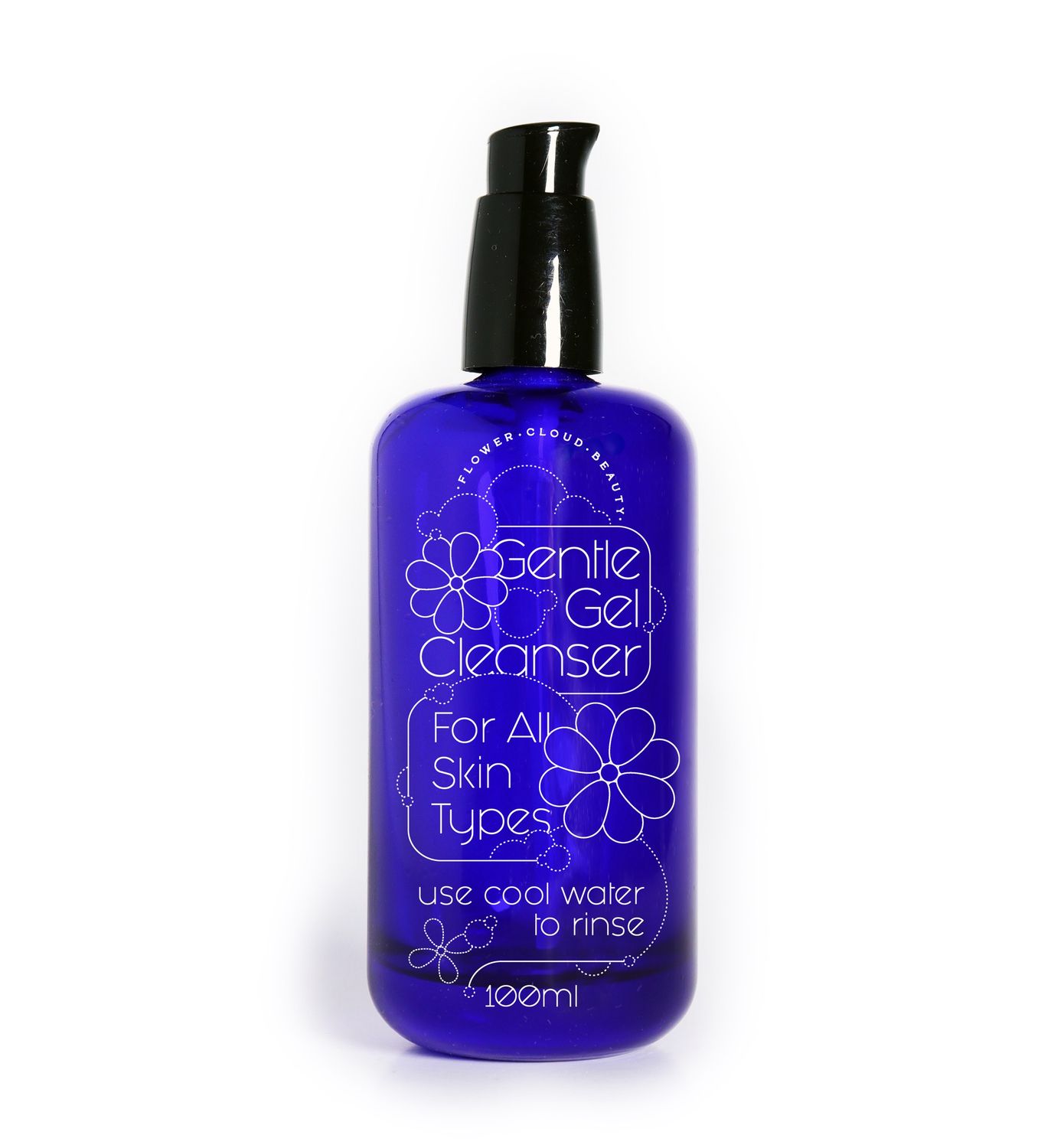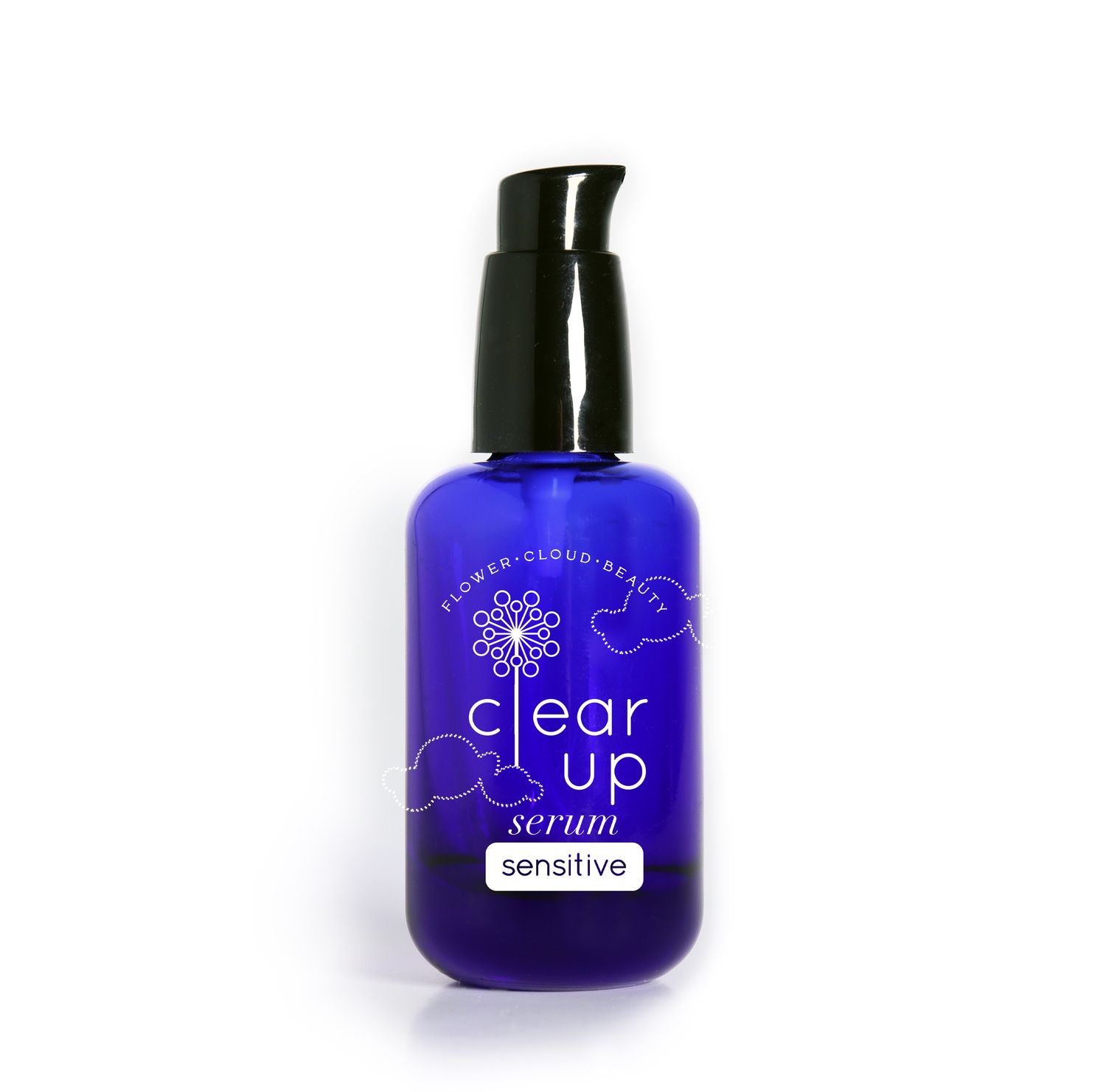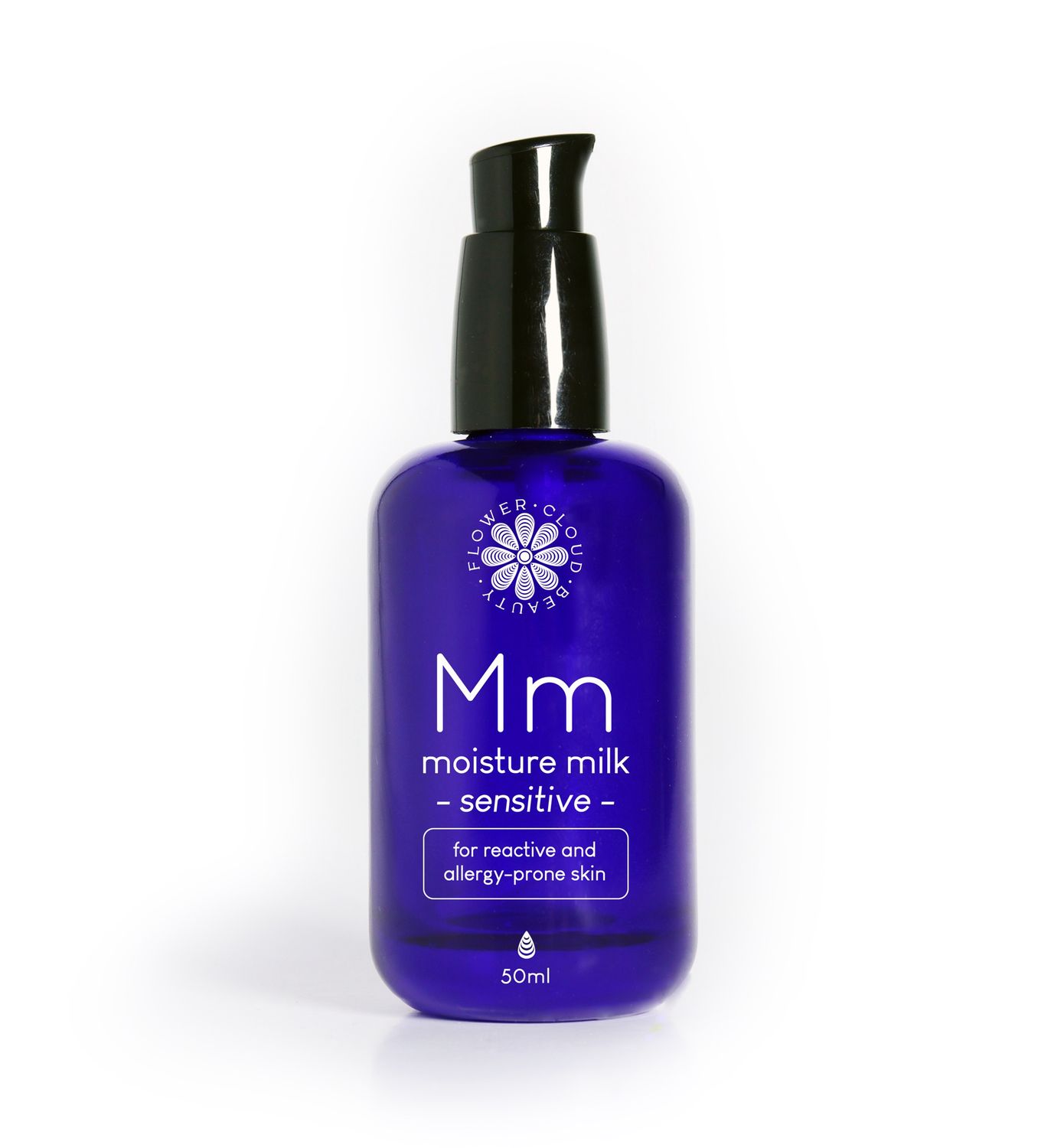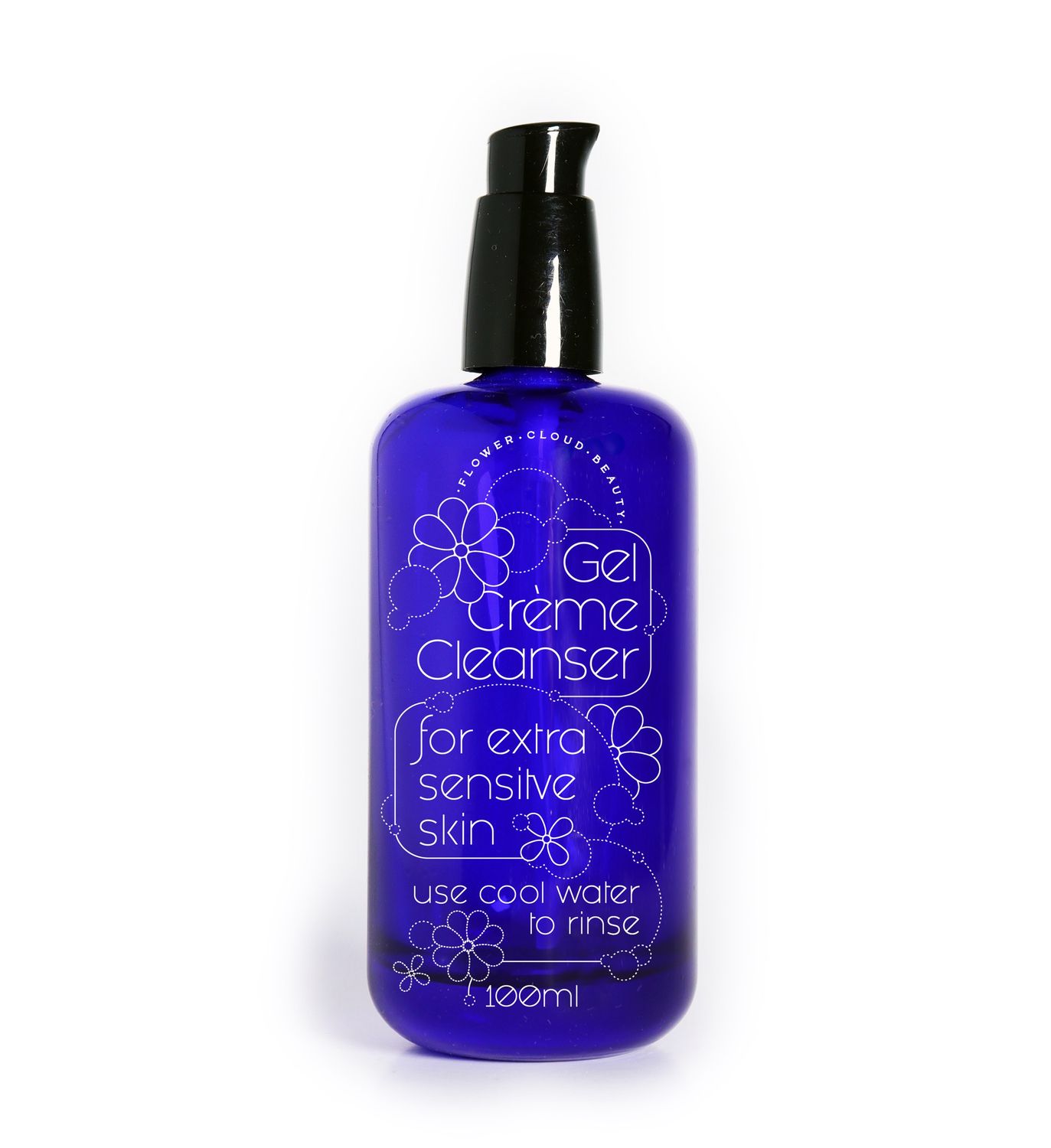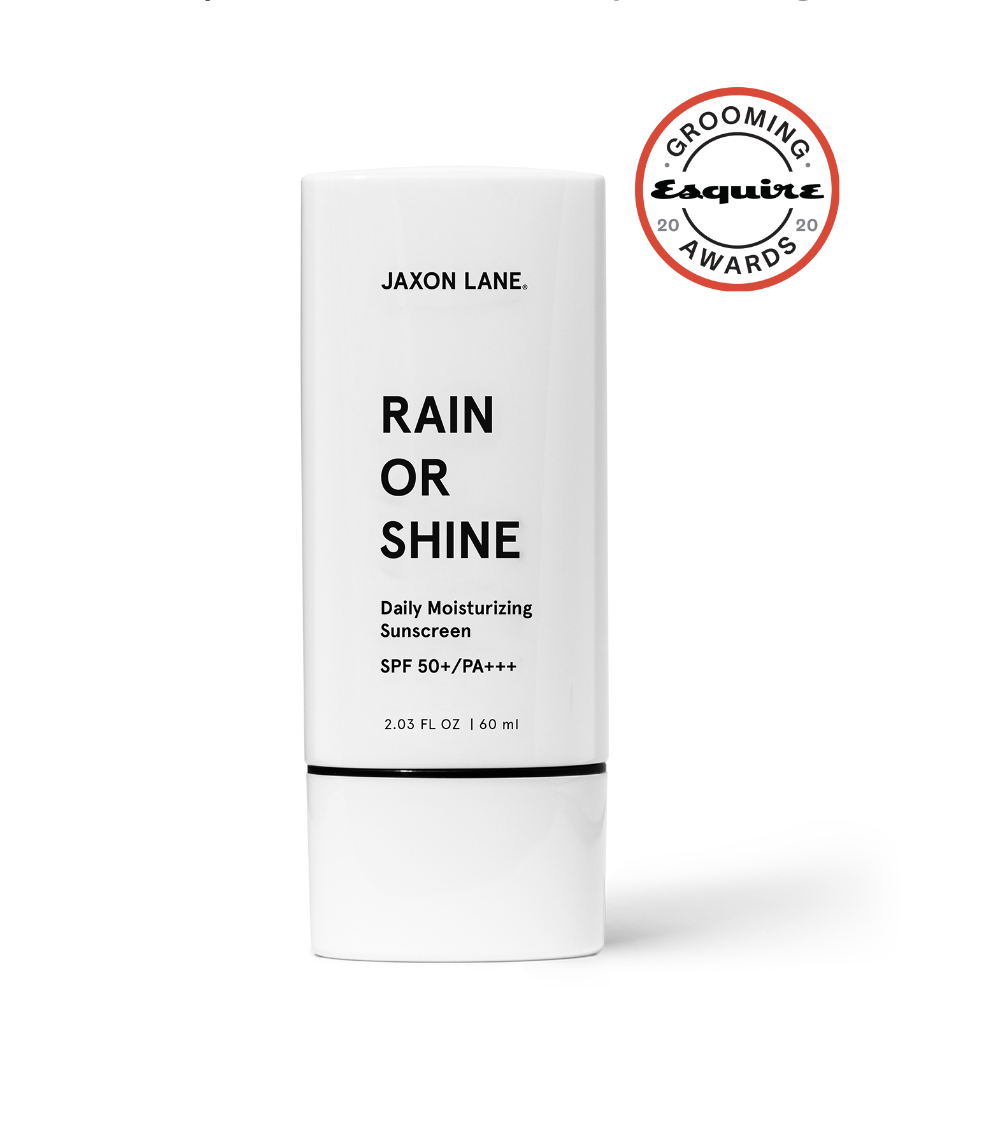fungal acne: what is it and why me??
Fungal Acne: The Hidden Culprit Behind Stubborn Bumps (And How to Fix It For Good)
When a common skin fungus hijacks your pores, science is your best weapon.
The Fungal Acne Epidemic
- 40% of "treatment-resistant acne" cases are actually fungal (a 2022 Journal of Dermatology study found most are misdiagnosed as bacterial acne).
- Malassezia, the fungus behind it, feeds on oils in your skincare, turning moisturizers and serums into buffets for overgrowth.
Key signs:
- Clusters of itchy, uniform bumps (often on forehead, chest, or back).
- Flare-ups after sweating or using heavy creams.
Why Typical Acne Treatments Fail
The Usual Suspects That Make It Worse:
- Esters (e.g., ethylhexyl palmitate): Common in "non-comedogenic" creams (but feed fungus).
- Lipids/oils (e.g., squalane, coconut oil). Even "lightweight" natural oils fuel melassezia.
- Occlusives (e.g., shea butter, ceramides): Trap moisture + fungus together.
The Science-Backed Fix:
Fungal acne starves when you:
1. Remove its food source (natural oil-heavy products).
2. Attack the fungus directly (antifungal ingredients).
3. Restore microbial balance (without stripping your skin).
The 3-Step Fungal Acne Routine
1. Cleanse Without Feeding Fungus
- Use a fungal-safe cleanser (like ours)—traditional washes often leave residue that the malassezia yeast loves.
- Key: Avoid hot water (triggers more oil production).
2. Exfoliate with Antifungal Actives
- Mandelic acid (in our Pore Perfect Toner Sensitive toner): Gently dissolves dead skin and kills fungus
- Pro tip: If skin feels sensitive, apply over damp skin to dilute slightly
3. Treat with Fungal-Fighting Power
Zinc PCA + Azelaic Acid (Clear-Up Serum):
- Zinc reduces fungal growth by 50% in 2 weeks (British Journal of Dermatology).
- Azelaic acid calms redness and prevents clogged pores.
4. Moisturize without natural oils. Choose one of our naturally oil-free, malassezia-safe options:
What Else Touches Your Face?
- Laundry detergent: Many contain oils/esters. Switch to Charlie’s Laundry Powder (fungal-safe).
- Hair products: Conditioners with oils drip onto skin—make sure to wash off conditioner from face and body after using!
- Makeup brushes: Clean regularly with fragrance-free liquid cleansers and dry overnight
How Long Until You See Results?
- 4–6 weeks for significant improvement (fungus dies slowly).
- First signs of healing: Less itchiness, fewer new bumps.
- Patience is key: Unlike bacterial acne, fungal acne won’t respond overnight.
Key Takeaways
1. Fungal acne isn’t the same as bacterial acne—start getting scientific with your approach.
2. Starve the fungus by cutting off its oil supply (check every product!)
3. Fight back with mandelic acid, zinc, and azelaic acid.
4. Don’t forget laundry/haircare—fungus thrives on all oils, not just skincare.
Finally: A routine that actually works for fungal acne—no more guessing or frustration.
Because your skin deserves a fungus-free future.
